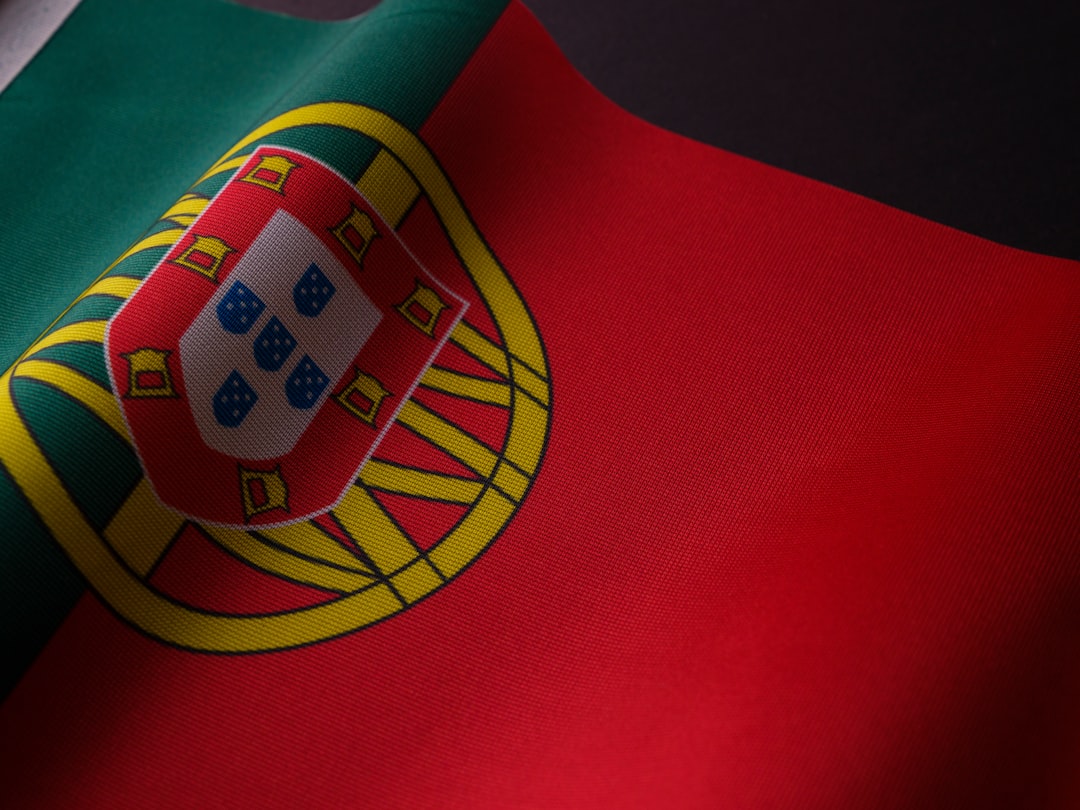Becoming Portuguese: The Hidden Layers of Citizenship, Residency, and Identity
Walk down a sun-soaked street in Lisbon’s Alfama district and you will hear at least four languages before you reach the first café. English digital nomads sip galão beside Cape-Verdean musicians, while Brazilian students debate politics with Angolan engineers. All of them are here because, in one way or another, modern Portugal has become a laboratory for questions that preoccupy almost every country on Earth: Who gets to belong? How long should it take? And what does belonging even mean?
1. From Empire to Immigration Hotspot
Six centuries ago Portugal launched the Age of Discovery, scattering its language and culture across Africa, Asia, and South America. Today, the current drifts in the opposite direction: more than 700,000 foreign nationals now live in a nation of 10 million. That inflow has turned Portugal into an unexpected magnet, reversing a century-long pattern in which Portuguese citizens sailed away in search of opportunity.
Surprising fact: Between 1960 and 1990, an estimated 20% of Portugal’s population emigrated. Today the country’s foreign-born population is growing five times faster than its native-born population.
2. Naturalisation: More Than Paperwork
Naturalisation—the legal process by which a resident acquires citizenship—might look like a bureaucratic slog, but it is also a ritual that fuses law, culture, and identity. Around the world, two broad philosophies guide the process:
• Jus soli (right of the soil): Birthplace determines citizenship.
• Jus sanguinis (right of blood): Ancestry does.
Portugal blends both, then adds a third pathway: residency-based naturalisation. Until the early 20th century, that required royal assent from the king. Today it tends to involve language exams, background checks, and, increasingly, proof of meaningful integration—anything from volunteering at a local sports club to demonstrating knowledge of fado music.
3. Sephardic Jews and Historical Redress
In 2015 Portugal opened a special door to descendants of Jews expelled during the Inquisition—an attempt at historical reconciliation. The program yielded thousands of new citizens from Turkey, Israel, Brazil, and beyond. It also ignited debate about how nations should weigh past injustices when crafting modern policy.
Parallel examples:
• Spain offered a similar route until 2019, receiving over 130,000 applications.
• Germany permits descendants of Nazi-era refugees to reclaim citizenship.
• South Korea grants fast-track naturalisation to ethnic Koreans from China and Russia.
4. Residency Requirements: The Ticking Clock
“Residency” sounds straightforward—just live somewhere. In reality it is policed by timestamps, biometric scans, and, increasingly, geolocation data from smartphones. Miss too many days abroad and the clock might reset, delaying citizenship eligibility.
Technology twist: Estonia’s e-Residency program allows foreigners to run EU-based businesses entirely online, proving that residency can now exist partly in the cloud. Could citizenship follow?
5. The Golden Visa and Its Discontents
Portugal’s “Golden Visa,” launched in 2012, grants residency—and possible citizenship—to investors who buy property, start businesses, or fund cultural projects. The initiative poured billions into the economy and helped revive neighborhoods like Lisbon’s Mouraria. Critics, however, argue that it fuels real-estate speculation, pricing locals out of their own cities.
Global echoes:
• Greece: €250,000 property purchase unlocks residency.
• United States: EB-5 visa trades investment for Green Cards.
• New Zealand: “Investor Plus” residency requires NZ$10 million but waives language tests.
6. Aging Europe Meets the Global Talent Hunt
Portugal’s median age is 46 and climbing. Like much of Europe, it needs workers to sustain pensions, healthcare, and economic growth. Countries across the continent tweak naturalisation rules in a delicate balancing act: attract newcomers, ensure integration, reassure voters.
Key trend: The rise of “talent visas” targeting tech workers, entrepreneurs, and remote employees. Portugal’s own Digital Nomad Visa allows high-earning professionals to settle for up to five years—proof that residency pathways are now as diverse as the people pursuing them.
7. Citizenship as an Elastic Concept
Passports once symbolized fixed national identities. Today, dual or even triple citizenship is increasingly common. Roughly 10% of Portuguese already hold more than one passport; among Brazilian-born residents, the figure exceeds 30%. As global mobility rises, citizenship is morphing from a lifelong identity into a strategic asset—part emotional anchor, part socioeconomic toolkit.
Closing Thoughts
Naturalisation rules may tighten or loosen, residency clocks may speed up or slow down, but the deeper questions endure: How do we balance heritage with openness? Security with opportunity? Paperwork with the human desire to belong? Portugal, with its seafaring past and multicultural present, offers a vivid stage on which to watch those questions play out.
This article was inspired by the headline: 'Portugal tightens naturalisation rules, doubles residency requirement'.
